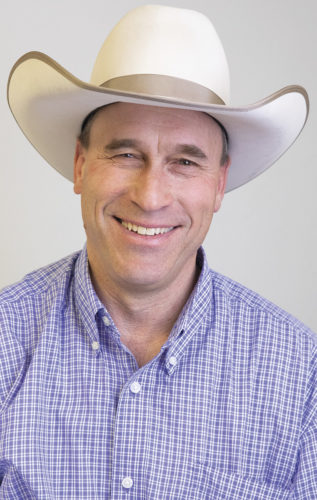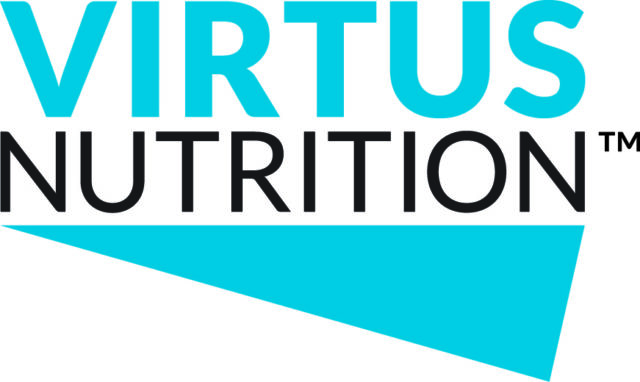“It was the best of times, it was the worst of times, it was the age of wisdom, it was the age of foolishness … it was the season of Light, it was the season of Darkness, it was the spring of hope, it was the winter of despair …”
I walked in the house one Saturday morning, after finishing the chores, to the sound of perhaps the most famous opening line of any book written in the English language, old Charlie Dickens’ classic, A Tale of Two Cities. My wife, an avid reader, had on several occasions tried to slog her way through the exhausting book but had never managed to find her way to the end.
Not wanting to accept total defeat, she decided she’d listen to a narration of the book on her computer as she worked on bottling tomatoes she’d harvested from her garden. It may have been her subtle hint for me to stay out of the house and, subsequently, out of her way.
If that was the only reason for her choice of audio leisure/torture, it was a successful ploy. I was not too keen on the idea of listening to the obnoxious drone of a pretentious Englishman as he beat me over the head with the monotonous hum of the script of one of the classics.
As I slipped out the back door and made my way to the tack shed to gather my chaps, rasps and nippers, on my way to the horse pen in advance of what I anticipated would be a miserable day of shoeing horses, I accidentally took note of the irony of the day’s genesis.
As the day wore on, I became more and more aware of the paradoxical nature of things – if not the beauty and wisdom of Dickens’ literary talent.
The crafty, uncatchable Banty rooster started carrying on at around 4:30 a.m., a good two-and-a-half hours before sunrise. Hence, I started the day in a foul mood. Well, that and because I had to wake up and get out of bed. That often seems to be the most difficult part of the day: waking up. It never seems to be easy, regardless of the good or bad I expect from the day.
On this morning, as with many days, my ill temper was short-lived as I watched the sun chase away the dark morning chill as it rose over Independence Peak, looming sentinel-like to the east in its ever-watchful guardianship of the ranch country in the valley below. I remember thinking to myself how this is always my favorite part of the day. I commented to the dogs, as they dutifully loaded up on the flatbed, it’s a shame I ever miss a sunrise.
At least three horses were in dire need of shoeing. Another two might be OK for a couple of weeks if we didn’t use them in that timespan. I have always loathed shoeing in the late summer and early fall.
The hooves are always hard and dry and, if I’ve waited too long and a horse has lost a shoe or two, the hoof has likely cracked and broken off, making it that much more difficult for a fair-to-middling farrier, such as myself, to coax the shoe and hoof into a good fit. If I could get one-and-a-half horses done before the day really heated up, I’d give myself a passing grade for the day.
For some reason, I seem to do my best pondering while standing under a leaning horse, a half-dozen horseshoe nails clenched in my teeth, with the steady sound of a hammer tapping on an iron shoe. Pepper, the little roan gelding, is always pretty cooperative during the process so despite his soft white hind feet, which are always the first to lose their shoes, he is almost a joy to shoe.
He’s also a good listener, and he doesn’t mind the dogs trotting around him in search of a piece of stinking hoof dropping from the nippers. It’s pretty good therapy for my cantankerous soul.
When I finished the job, I led Pepper out on the concrete so I could check my work and see how he walked in his new shoes – but mostly to hear the sound of horseshoes on pavement. It’s my Sound of Music moment, the approving voice of my therapist.
Like a warm fire in January or a cool breeze in August, the realization soothed me. The truly good things in life can seldom be appreciated without our passing through at least a little discomfort, if not downright pain. It’s the natural progression of things.
Sometimes the best of times may not even be possible without the worst of times.










